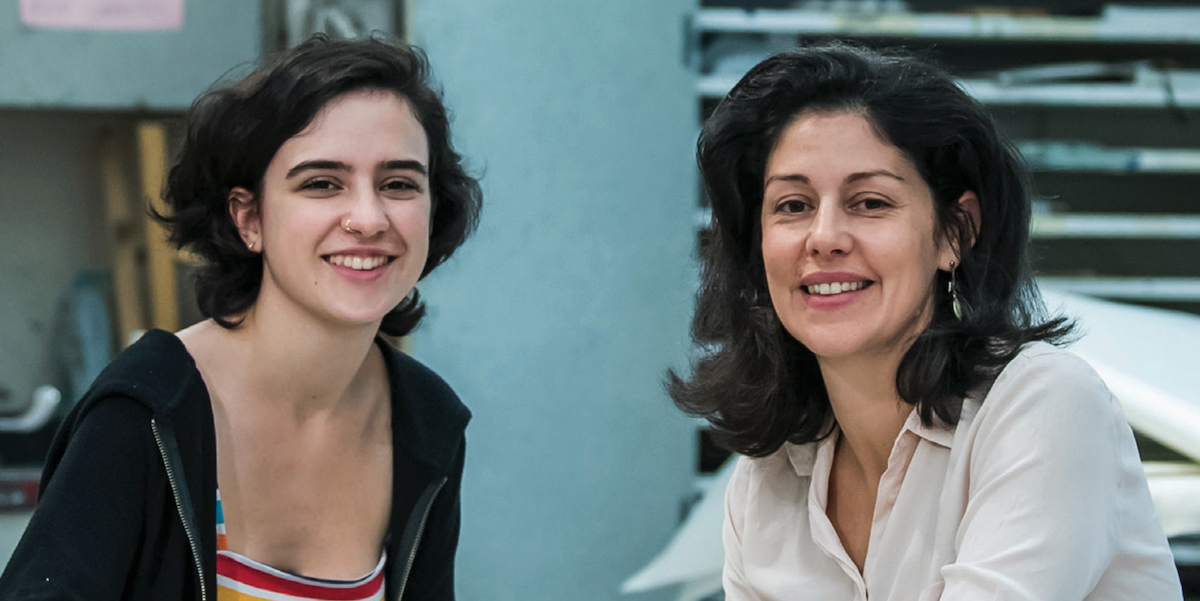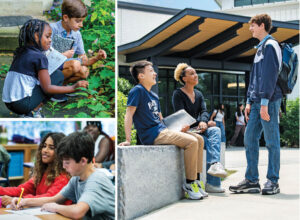A Powerful Academic Program
An independent, private school curriculum
The Upper School at Abington Friends in Jenkintown, PA offers a wide landscape of learning opportunities designed to inspire, challenge and develop students in intellect, relationships, leadership and inner life.
The academic program is a lively exploration of the ways in which human beings know and come to know the world: as writers, artists, scientists, historians and mathematicians. Students encounter a rich interplay of texts and ideas that grapple with the larger questions of human existence, ethics, purpose, and impact while building deep skills in writing, analysis and research.
In every discipline honors and AP classes are offered, allowing students to choose levels of intensity that match their deepest interests and passions. Course selection throughout Upper School is guided by an academic advisor who will be their college guidance counselor in junior and senior years and a person who knows the student and his or her aspirations well.
That level of adult guidance is also found in the Wilf Learning Resource Center, the four-year advisor program, our world-class research library, and our Center For Experiential Learning, which helps connect students to transformative learning experiences both at school and in the larger world. We live in a resource-rich world of unprecedented opportunity and access. Our goal is to build our students’ abilities to use the resources around them, now, in college and into their adult lives to do high-quality work of purpose and meaning.
Daily immersion in leadership development, in student government, activities, athletic and the classroom itself, builds students’ expectation to be people of active significance and contribution. An environment marked by reflection and a focus on larger questions of meaning and ethics gives moral weight and direction so often missing in schools where children are simply taught to perform to exterior expectations.
At AFS, our graduates leave high school ready to collaborate with and motivate others in meaningful and profound ways. AFS graduates truly “let their lives speak.”





